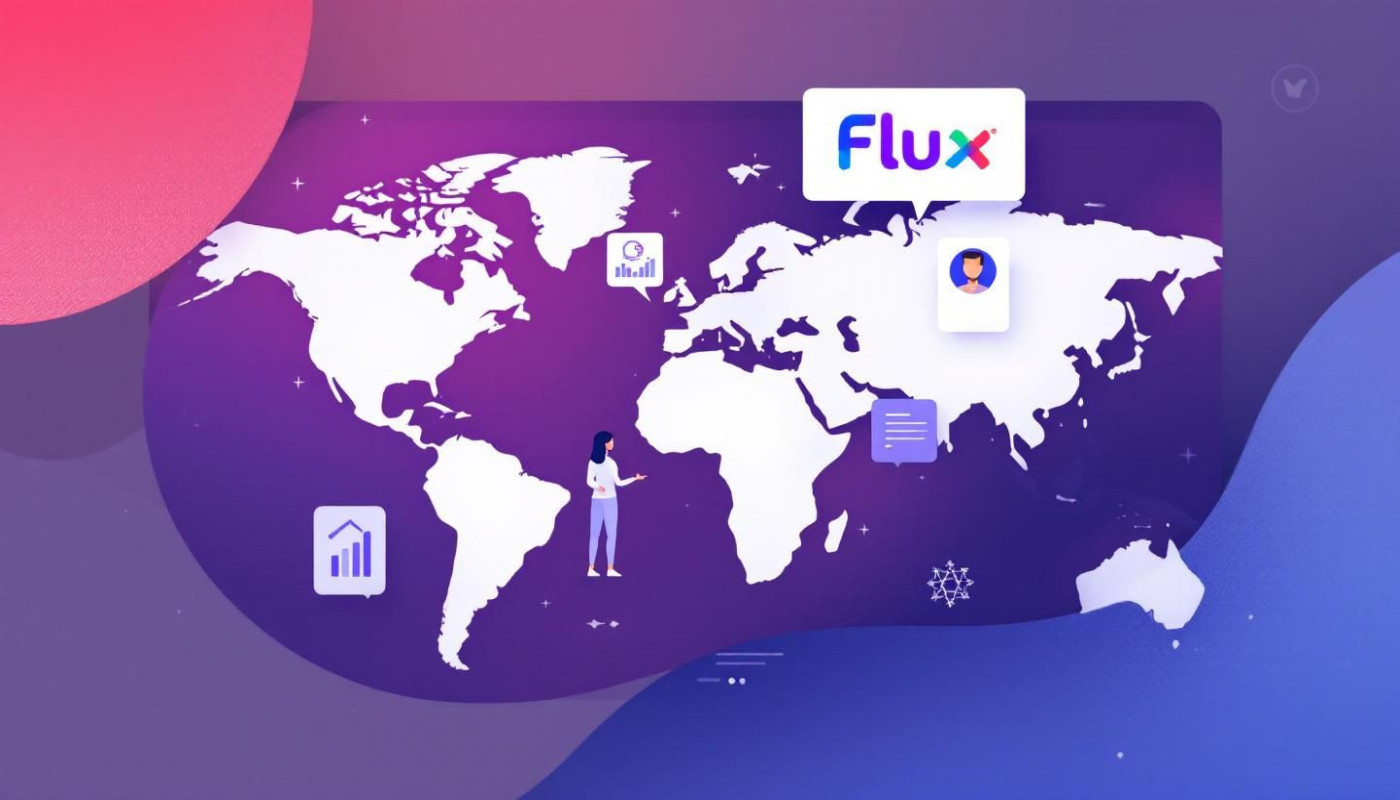Table of contents
In a rapidly evolving digital era, remote AI roles are transforming the global workforce in remarkable ways. This article explores how virtual opportunities in artificial intelligence are breaking down traditional barriers and fostering a more inclusive and diverse talent pool worldwide. Delve deeper to uncover the multifaceted benefits that remote AI careers bring to both organizations and professionals across the globe.
Global reach and accessibility
Remote AI jobs are reshaping the global workforce by offering unprecedented remote opportunities that transcend traditional geographic barriers. This shift enables individuals from underrepresented and often overlooked regions to participate in high-demand sectors such as artificial intelligence, directly contributing to diversity in tech. By embracing remote work, companies can tap into international talent, fostering geographical parity and ensuring that hiring decisions are not limited by proximity to major tech hubs. These remote AI roles are particularly beneficial for people in locations where local opportunities in the field are limited, opening doors to professional growth and economic advancement that were previously out of reach.
Organizations and platforms dedicated to connecting employers with skilled professionals worldwide play a key role in this transformation. For instance, octagt.com offers a curated selection of global remote AI jobs, helping businesses build teams that reflect a wide variety of backgrounds, perspectives, and experiences. This approach not only promotes inclusivity but also strengthens the overall competitiveness and innovation capacity of the workforce on an international scale.
Diverse perspectives in problem-solving
Team diversity in remote AI roles brings a wealth of cognitive diversity that significantly enhances problem-solving and drives AI innovation. When remote collaboration involves professionals from different cultures, technical backgrounds, and life experiences, it broadens the scope of ideas generated during the development process. This variety in thought processes enables teams to approach complex challenges with unique perspectives, often uncovering solutions that may remain hidden within a more homogeneous group. Tech inclusion is not simply about integrating individuals from various demographic backgrounds; it is also about recognizing the strength of diverse cognitive frameworks, which lead to more robust decision-making mechanisms in AI projects. In practice, such diversity fosters an environment where unconventional viewpoints are encouraged, ultimately streamlining the identification of bias, improving algorithmic fairness, and crafting applications that better serve a global audience. The benefits of this remote collaboration are evident in the development cycles of many leading organizations, where mixed teams continually outperform single-background groups by adapting quickly to changing project requirements and leveraging a wider range of skills for optimized outcomes.
Flexible work structures
Remote AI positions foster flexible work conditions by allowing individuals to tailor their schedules around personal commitments, cultural practices, and varying time zones. This flexibility is particularly advantageous for global teams, as it supports asynchronous collaboration and ensures that participation is not limited by geographic or temporal constraints. Flexible work arrangements open opportunities for talent from different backgrounds and lifestyles, leading to a richer, more diverse workforce. By prioritizing work-life balance and accommodating unique needs, remote AI roles encourage broader engagement and inclusion, making workforce diversity a natural outcome of these adaptive employment models.
Reducing unconscious bias
Remote AI roles present a transformative opportunity for inclusive hiring by addressing unconscious bias that frequently influences traditional in-person recruitment processes. Utilizing blind recruitment methods in AI recruitment, organizations can evaluate candidates based on skills and experience without the influence of personal characteristics or background information that might trigger unconscious bias. This shift enables diversity hiring at a global scale, as remote roles expand access to talent pools beyond local or regional boundaries, allowing for fairer evaluation and selection processes. By embracing remote AI recruitment strategies, companies ensure a workplace culture that values skillsets and potential over visible traits, resulting in a genuinely equitable environment that is better equipped to innovate, solve problems, and drive business outcomes through the power of a diverse workforce.
Empowering underrepresented groups
Remote AI roles have expanded the landscape of tech equality by creating remote opportunities that break down traditional barriers faced by underrepresented groups. These positions eliminate geographic limitations, increase digital accessibility, and give individuals from marginalized backgrounds a viable pathway into AI careers. By leveraging remote work models, companies can tap into diverse talent pools, ensuring workplace inclusion and representation from various socioeconomic, cultural, and educational backgrounds. This shift supports a more equitable tech industry, enabling those who may have been excluded due to physical, social, or economic obstacles to contribute meaningfully, innovate, and thrive in AI-driven environments. Organizations that embrace remote opportunities not only champion inclusion but also foster dynamic teams with varied perspectives, ultimately enhancing the industry's collective problem-solving capacity.
















